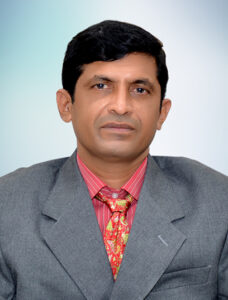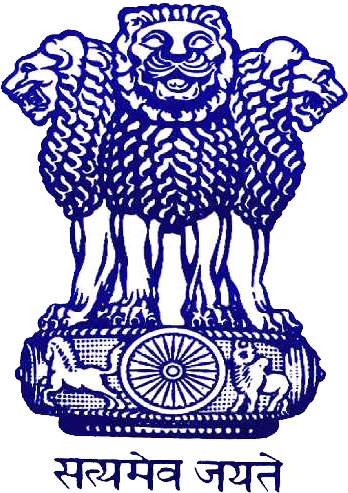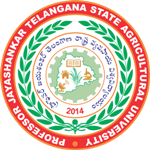Director’s Message

Indian agriculture is being confronted with many challenges like scarcity of capital, inadequate transport and storage facility, absence of the sound marketing, lack of mechanization, poor irrigation water management, depletion and exhortion of soils, assured quality seed, small and fragmented landholdings, climate change, creating sustainable livelihoods, biodiversity loss and less use of technology.
To meet these challenges, middle level extension officers of agri and allied sectors need to provide timely advices to the farmers by updating their knowledge and skills through various capacity building programmes. Training programmes are one of the effective capacity building tools which enable the acquisition of new knowledge and skills and refresh the existing ones. This would enhance the competency and talent base of employees which aid in effective discharge of duties, ushering the maximum quality output.
In this connection, Extension Education Institute (EEI), Hyderabad is conducting training programmes to the officers of agriculture, horticulture, animal husbandry, diary development, fisheries, agricultural engineering, agricultural marketing, irrigation, forestry, sericulture, industries, soil and water conservation, departments of client states viz. Telangana, Andhra Pradesh, Karnataka, Tamil Nadu, Kerala, Odisha, Puducherry, Andaman & Nicobar islands and Lakshadweep.
The main areas covered in the training programmes proposed for the year 2022-23 are digital interventions, post harvest management, waste management, value addition, natural farming, market led extension, farmer producer organisations for sustainable farming, mechanization, time and stress management, artificial intelligence, agristartups, entrepreneurial activities, public- private partnership (PPP), gender mainstreaming, nutri sensitive agriculture, export oriented farming, agro chemicals etc. These concepts are weaved into on, off, collaborative and online training programmes focusing on sector specific issues, technology orientation, extension methodologies and behavioral skills. Apart from these programmes, the current calendar proposes to conduct webinars, certificate courses, follow up studies, action research, consultancy and skill training programmes. These kind of programmes facilitate the officials to update their soft and technical skills so as to deliver qualitative advisories to the farmers to bring transformation in their social and economic profile.
(Dr. M. Jagan Mohan Reddy)
Director

